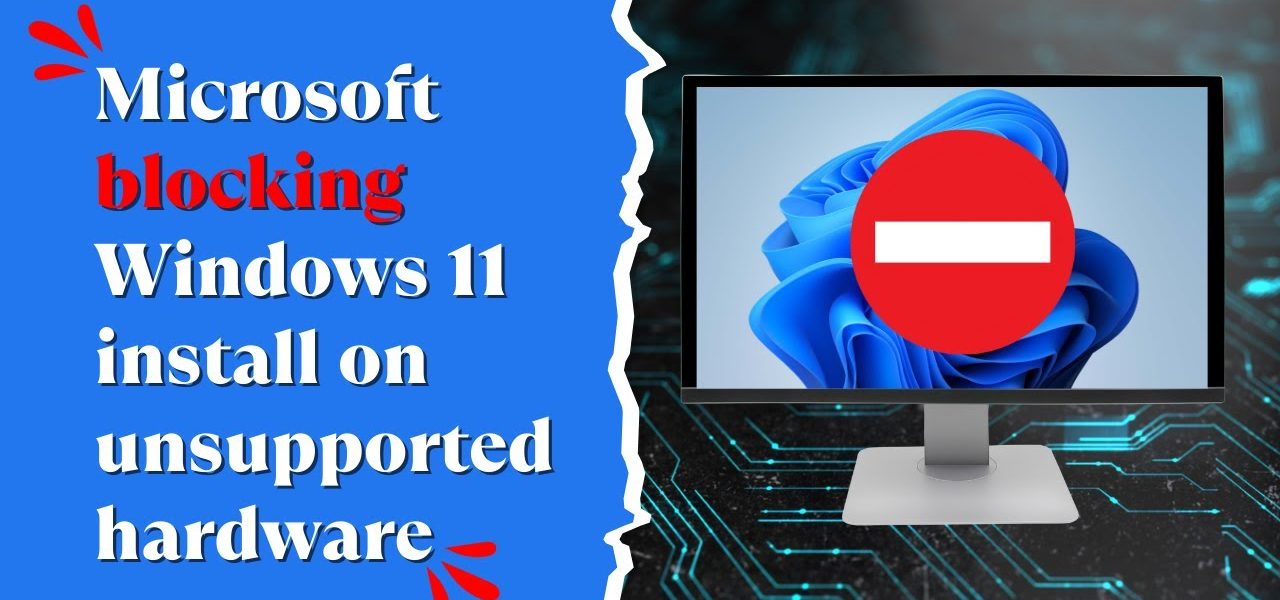Microsoft Blocks Windows 11 Installation Trick for Older PCs with Incompatible Hardware
Microsoft has recently shut down a widely-used trick that allowed users to install Windows 11 on older PCs with hardware that doesn’t meet the official system requirements. This workaround, which had become popular among tech enthusiasts and those with outdated hardware, will no longer function in future updates, marking a significant shift in Microsoft’s approach to enforcing hardware compatibility.
For most users, installing Windows 11 is a simple process as long as their PC meets the necessary hardware requirements, such as TPM 2.0, Secure Boot, and specific CPU models. However, for those whose machines don’t meet these standards and who are unable or unwilling to upgrade, sticking with Windows 10 has been the official recommendation. Despite this, a clever workaround had emerged that bypassed these hardware checks, allowing Windows 11 to be installed on non-compatible machines.
The workaround involved using the “/product server” parameter during the Windows 11 setup, which tricked the system into treating the PC as a server, thereby bypassing the hardware compatibility checks. This method, however, has been rendered ineffective with the latest Windows 11 Insider Build 27686, which also introduced other updates like increasing FAT32 maximum capacity from 32GB to 2TB.
According to a Windows Insider (@TheBobPony on X/Twitter), the trick still works on the current live version of Windows 11 (version 24H2), but it’s expected to be fully blocked in future updates. This move by Microsoft is consistent with their recent actions to tighten security and ensure that Windows 11 installations adhere to the official system requirements, such as requiring a Microsoft account for installation.
While bypassing these checks may have seemed like a convenient option for users with older hardware, it came with significant risks. PCs treated as servers during the installation process would not receive feature updates, potentially leaving them vulnerable to security threats. Additionally, running Windows 11 on unsupported hardware could lead to instability issues, as the system might struggle to function properly without the necessary components.
Ultimately, Microsoft’s decision to block this workaround underscores the importance of adhering to the official hardware requirements for Windows 11, ensuring a stable and secure user experience. Users with incompatible PCs will need to consider alternative options, such as upgrading their hardware or continuing with Windows 10, which remains supported until October 2025.




